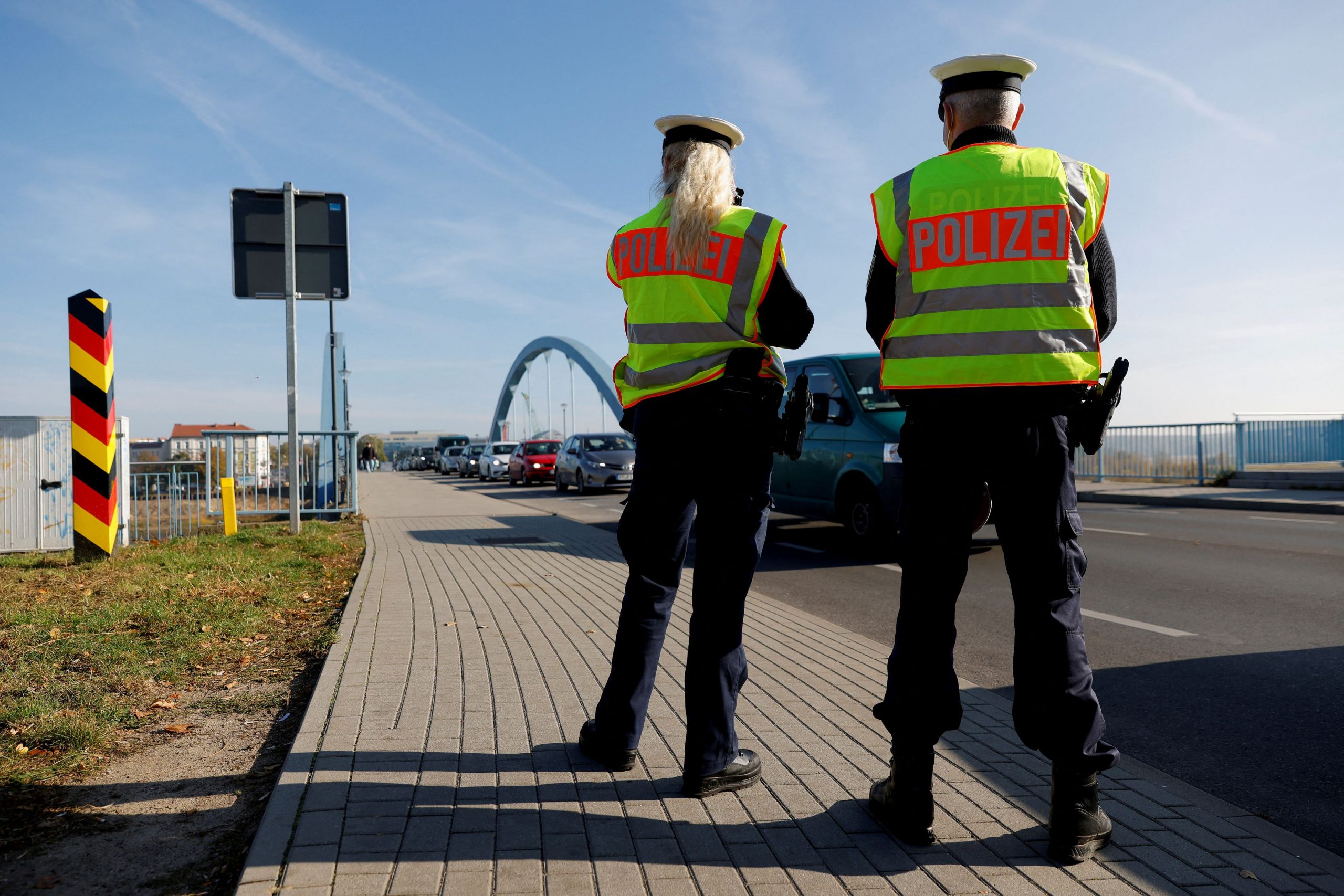Germany finds itself once again at the center of controversy. Berlin’s decision to introduce temporary border controls to combat illegal migration has sparked widespread criticism. The pushback is not only from human rights activists advocating for refugees, who are increasingly on the defensive, but also from the highest political levels, including the governments of Austria, Poland, and Greece.
Germany has long been a preferred destination for many migrants, with its above-average social benefits acting as a magnet. Now, by restricting access, Germany risks creating a backlog that could trigger a domino effect, should other countries follow suit and implement their own border controls.
For months, migration has dominated Germany’s political agenda. Deadly terrorist attacks by migrants have further inflamed public sentiment, reaching a tipping point.
Interestingly, the migration issue has played a minimal role in Greece recently, where public concerns are centered on rising prices and economic challenges. Yet, United Nations statistics show a 57% increase in the number of migrants arriving in Greece during the first eight months of this year. The lack of public debate on this surge may stem from the Greek government’s communication strategy, which downplays the issue. More importantly, Greece is mainly a stopover for migrants—90% of asylum seekers in Greece move on to Germany, according to sources in Berlin.
This so-called “secondary migration” has long strained relations between Athens and Berlin. Germany now seeks to prevent migrants, for whom other countries are responsible under the Dublin Regulation, from crossing its borders through systematic controls.
“The response cannot be unilaterally scrapping Schengen and dropping the ball to countries which sit on Europe’s external borders,” complained Greek Prime Minister Kyriakos Mitsotakis. According to Greek media reports, Athens plans to raise the issue at the EU level and is working on building a diplomatic coalition against the new German policy.
Greece’s message is clear: it does not want to be left alone with a problem that affects the entire continent. On the other hand, Berlin’s stance—which is unprecedented in this form—signifies that Germany has reached its capacity to accept more refugees. Economic and political pressures are forcing a shift in policy.
The Schengen system of open borders is one of Europe’s most significant achievements, though it is far from flawless. Germany’s six-month reintroduction of border controls is not an isolated case. According to a recent report in The Times of London, there have been 442 exceptions to Schengen over the past nine years, including safety measures during the European Football Championship and the Paris Olympics.
The tightening of travel freedoms is further proof that Europe is shifting politically to the right. Few issues have energized far-right forces like unchecked migration. Germany is not alone in this; right-wing parties are gaining strength in the Netherlands, Italy, France, and Austria. However, given Germany’s Nazi past—rightly associated with war and destruction—its situation is unique, making any attempts to downplay it untenable.
The electoral success of the far-right Alternative for Germany (AfD) in recent eastern German elections has sent shockwaves throughout the country and beyond. Their rise shows no sign of stopping, as they have seized upon an issue that concerns the majority of Germans. A recent survey found that 82% of Germans want immigration to be limited.
“Either the democratic center ends illegal migration to Germany, or illegal migration will end the democratic center,” said Jens Spahn, a leading politician of the opposition Christian Democrats, capturing the urgency of the situation.
In an effort to curb the rise of the right, the German government is reluctantly adopting some of their positions—a bitter pill for one of Germany’s most progressive administrations in decades.
All eyes are on Germany. However, what is unfolding there mirrors a broader European trend. Across the continent, migrants are seen as a challenge, despite the understanding that negative demographic trends make immigration necessary if Europe wishes to maintain its prosperity. Yet, in a politically charged environment, economic arguments often fall on deaf ears.
Germany’s crisis has put migration back on the European agenda. After years of negotiation, the European Parliament adopted the Migration Pact in May. Whether the European Union can collectively manage migration in the spirit of solidarity remains to be seen. There is concern that Germany’s unilateral actions could inspire similar moves by other countries.
Dr. Ronald Meinardus is a Senior Research Fellow at the Hellenic Foundation for European and Foreign Policy (ELIAMEP).



